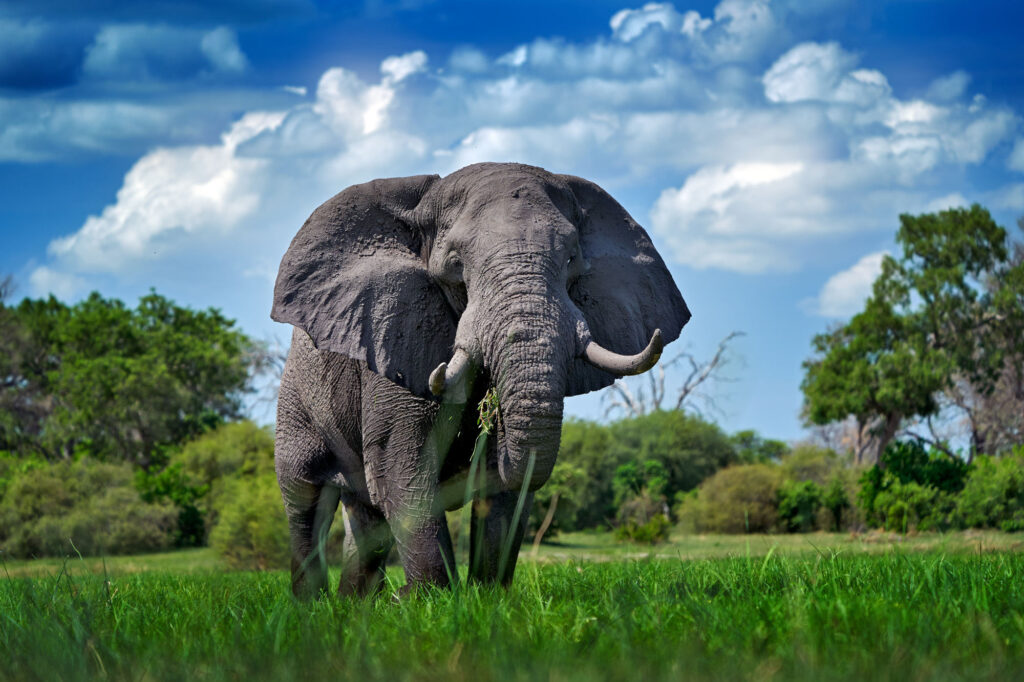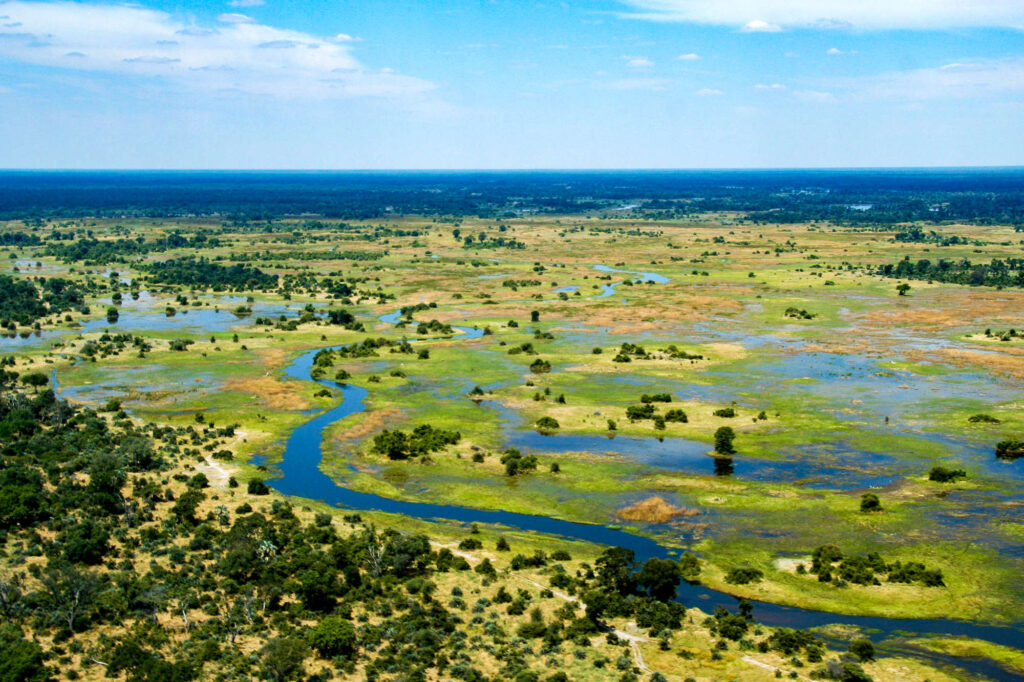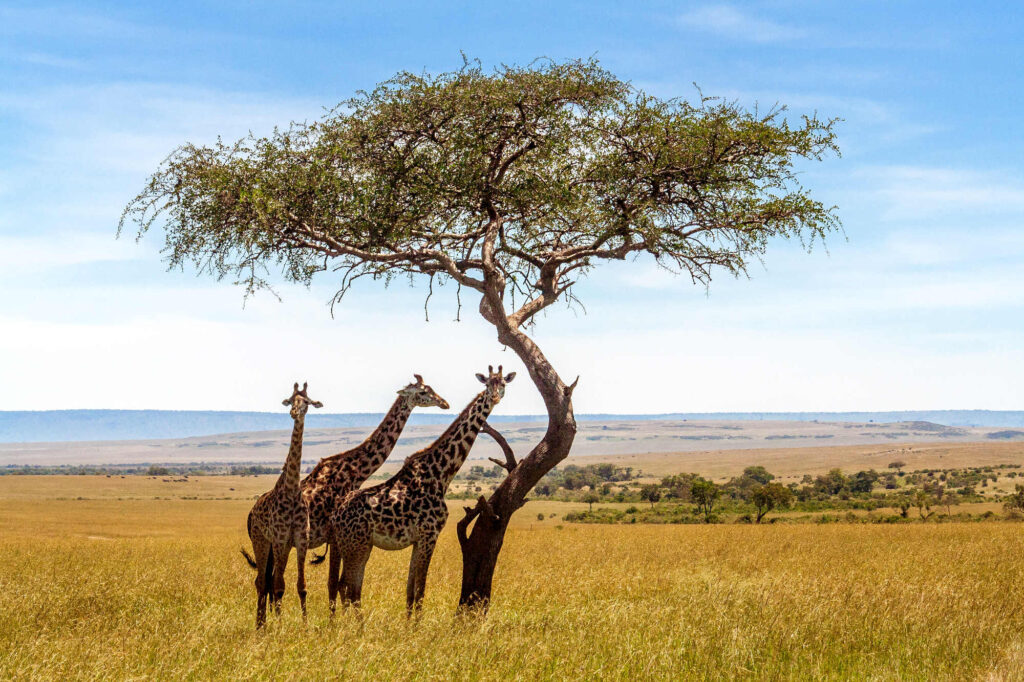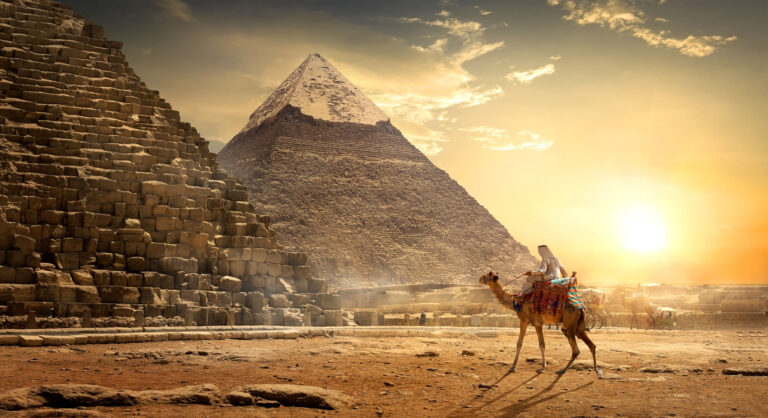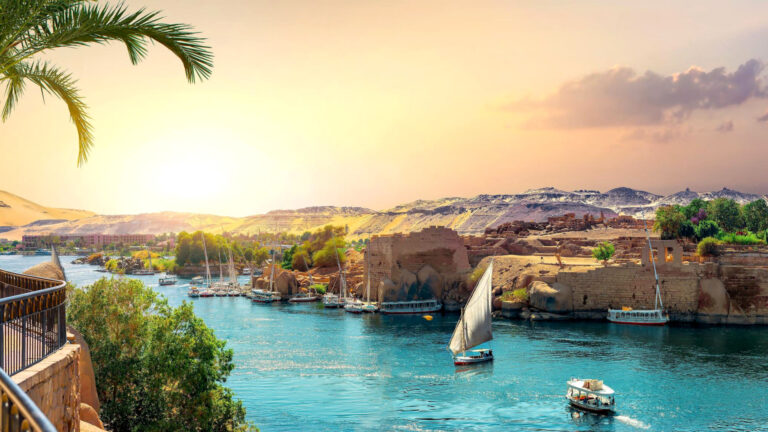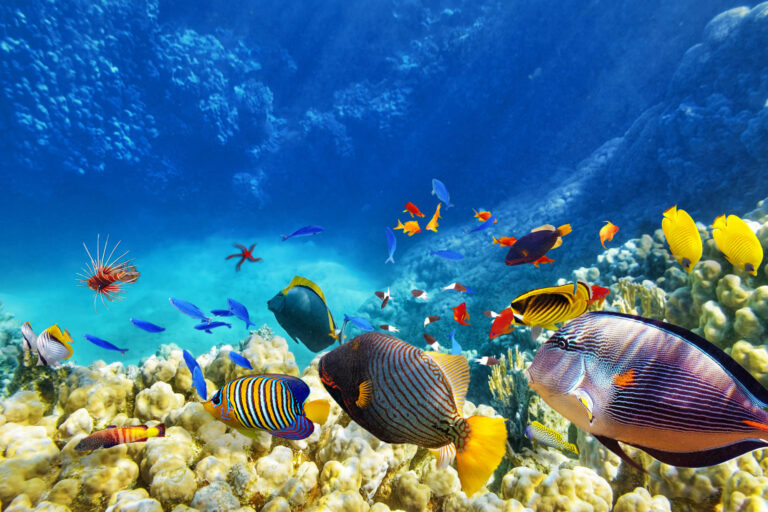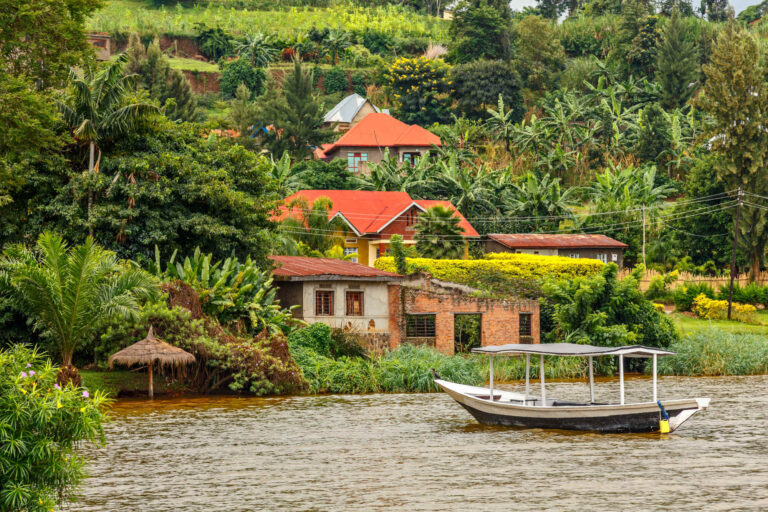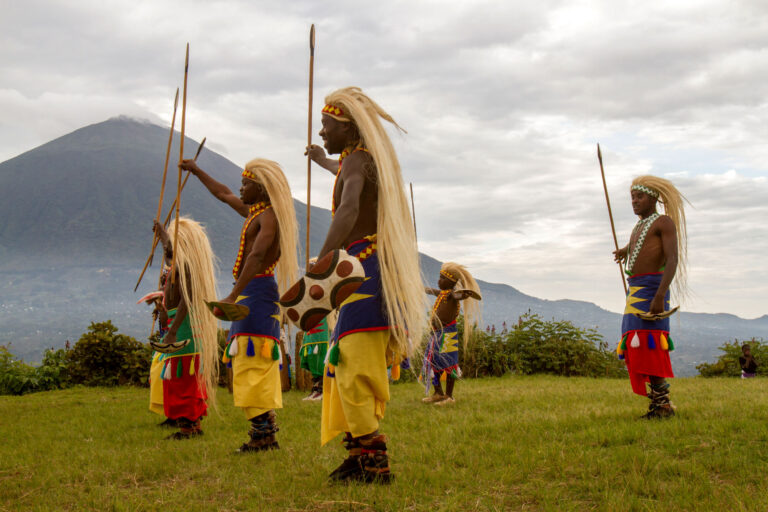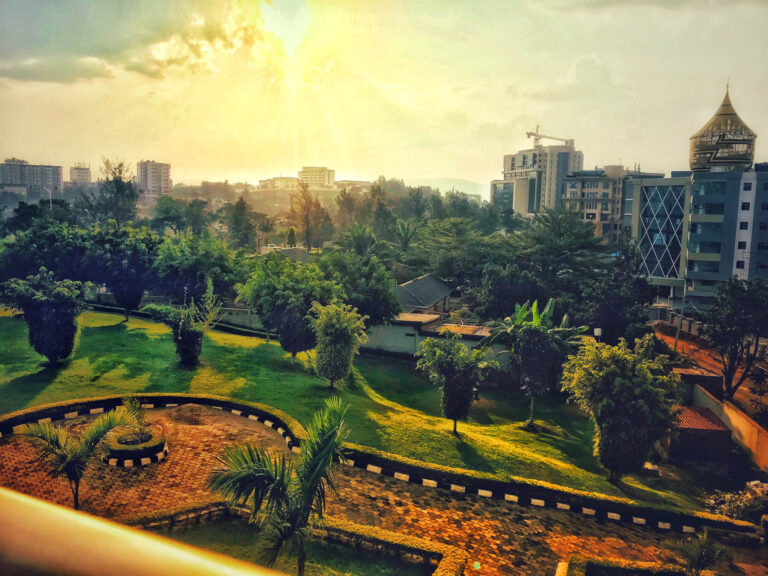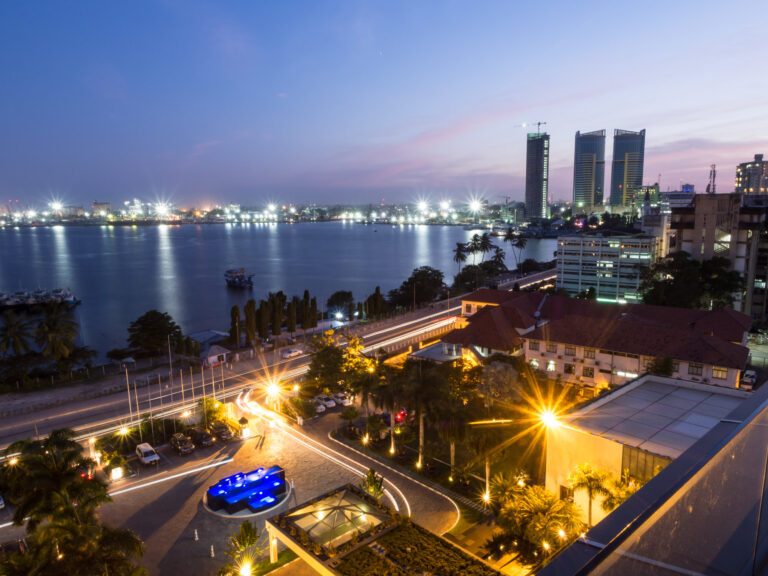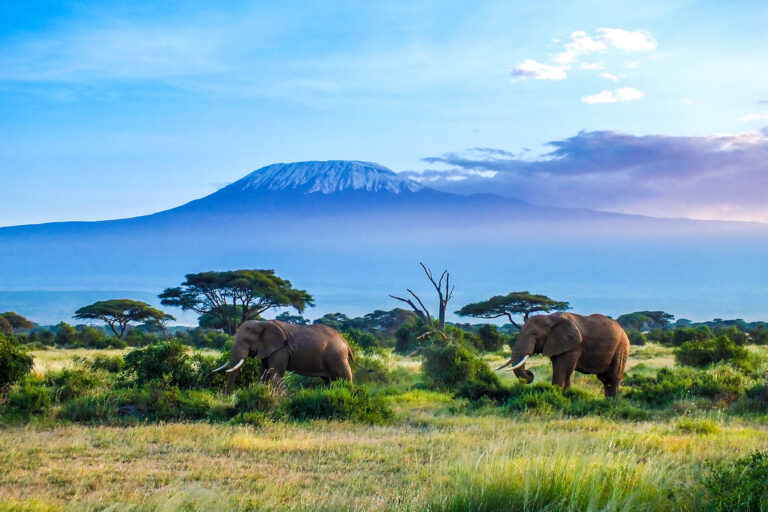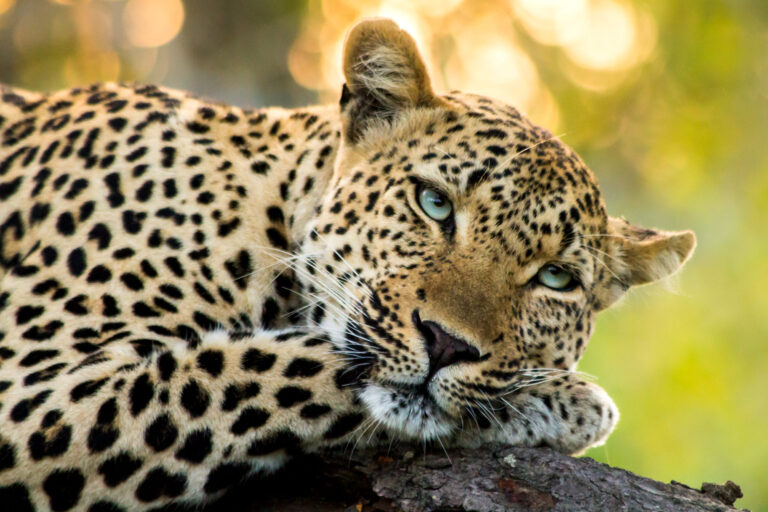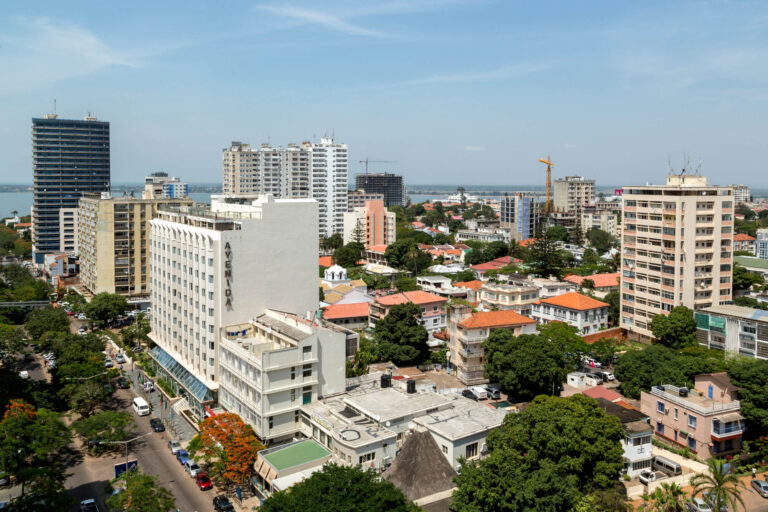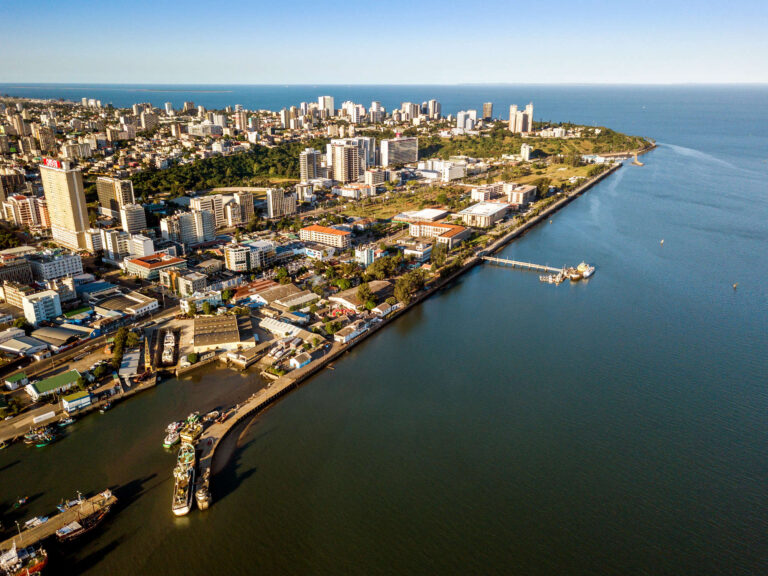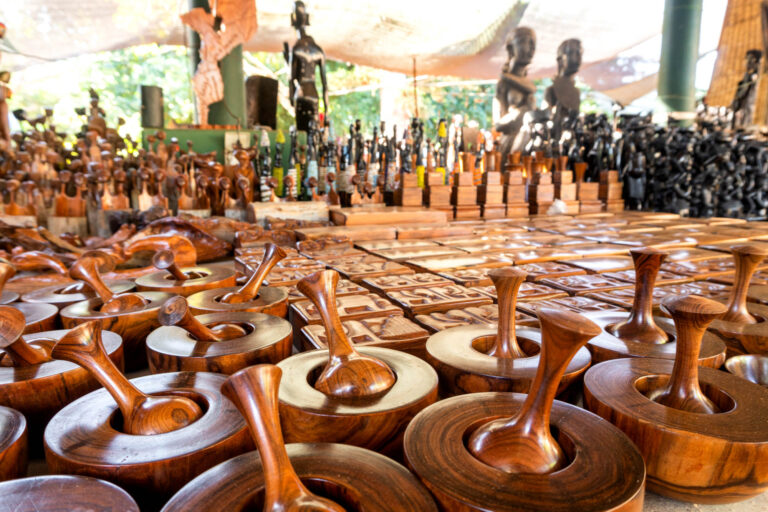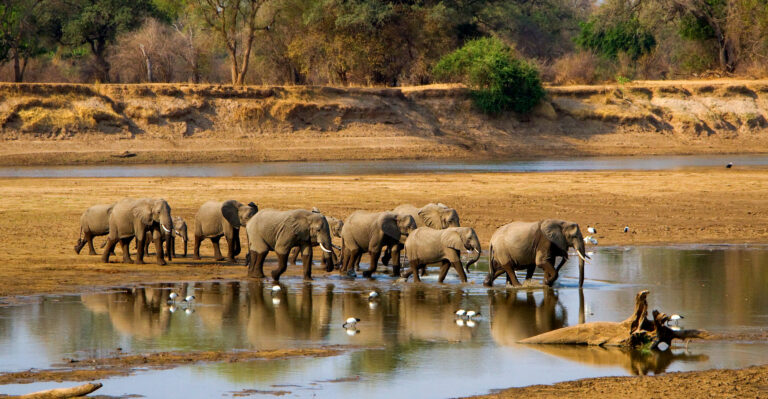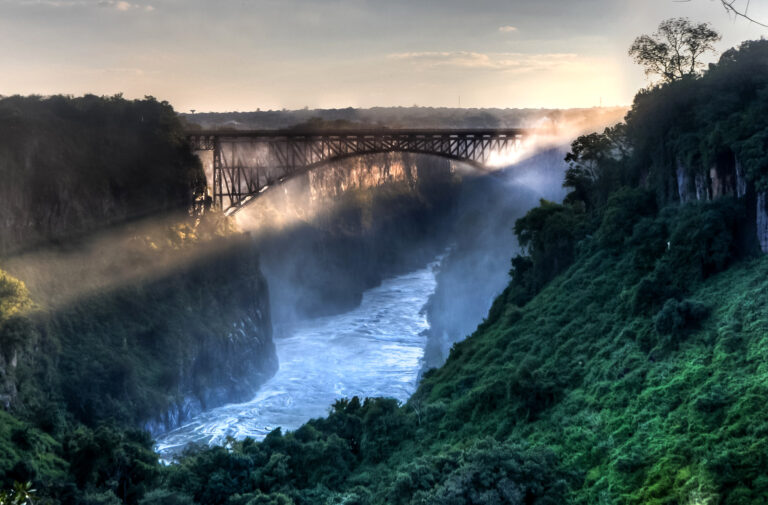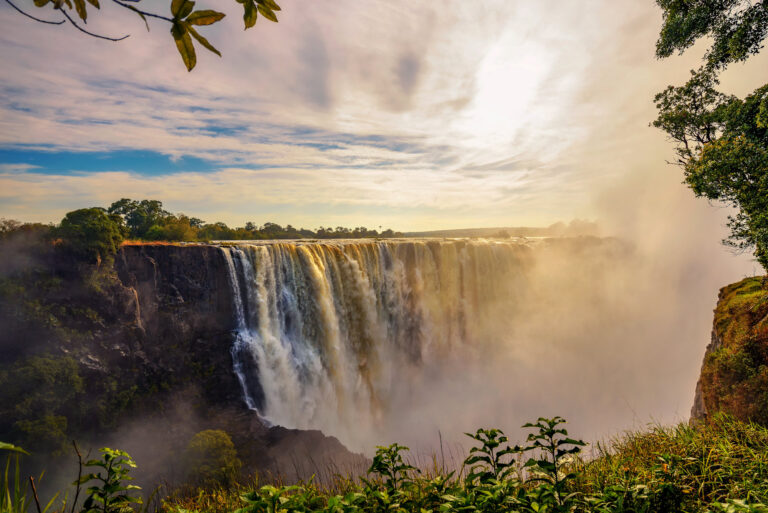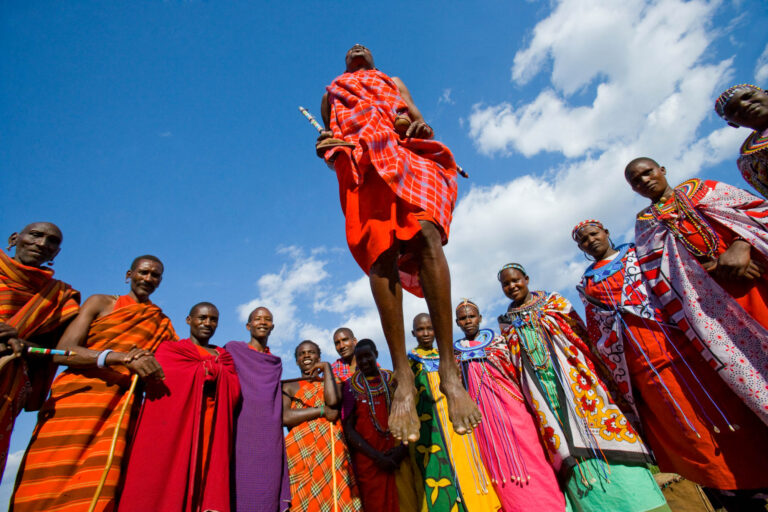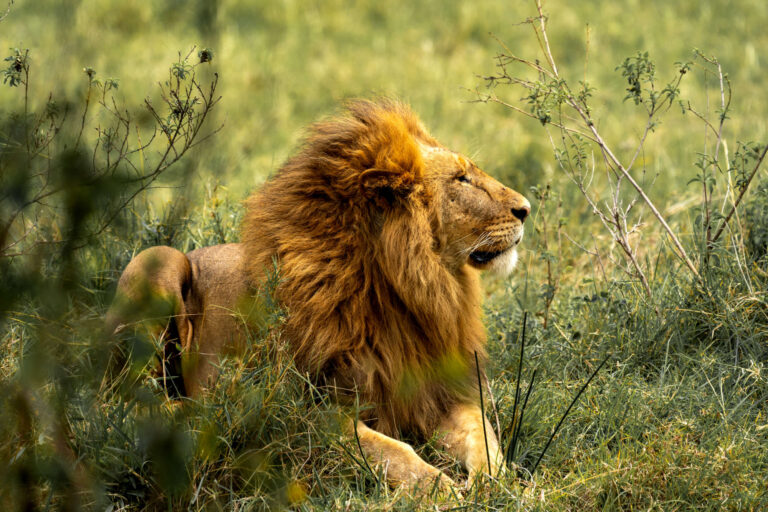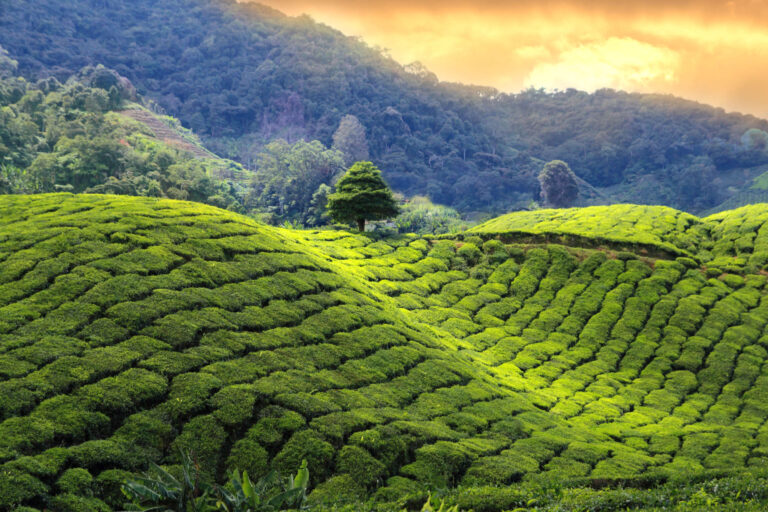
- COUNTRY
- MAIN CITIES
- prev
- next
THE COUNTRY
Formerly the British protectorate of Bechuanaland, Botswana adopted its new name at independence in 1966. More than five decades of uninterrupted civilian leadership, progressive social policies, and significant capital investment have created one of the most stable economies in Africa.
- Chobe National Park;
- Okavango Delta;
- Tsodilo Hills;
- Nxai Pan National Park;
- Tuli Block;
- Kgalagadi Transfrontier Park;
- Mokolodi Nature Reserve
- Private Jets, Helicopters and Airliners
- Finest Onboard Catering
- Ground Transport and Yachts
- Luxury Villa & House Rentals
- Local Guide & 24/7 Assistance
- Customized Global Services
TO BE KNOWN
-
The State's CapitalGaborone
-
Time ZoneUTC +2
-
Telephone Code267
-
Total Area581 730 Km2
-
Population2 384 246
-
Main LanguagesSetswana, Sekalanga, Shekgalagadi, English, Zezuru/Shona, Sesarwa, Sembukushu, Ndebele
-
CurrencyBotswana pulas (BWP)
-
GDP Per CapitaUSD 14800
-
Airports74
TRAVEL INFORMATION
Semiarid; warm winters and hot summers
Tswana (or Setswana) 79%, Kalanga 11%, Basarwa 3%, other, including Kgalagadi and people of European ancestry 7%
Handshakes, in Botswana, are more intricate than in western countries and involve the left hand placed under the right elbow.
Seswaa (or loswao) — beef or goat meat boiled with salt until tender and sometimes pounded; often served with maize meal, ground corn, or sorghum
Good economic governance and financial management; diamond-driven growth model declining; rapid poverty reductions; high unemployment, particularly among youth; COVID-19 sharply contracted the economy and recovery is slow; public sector wages have posed fiscal challenges

